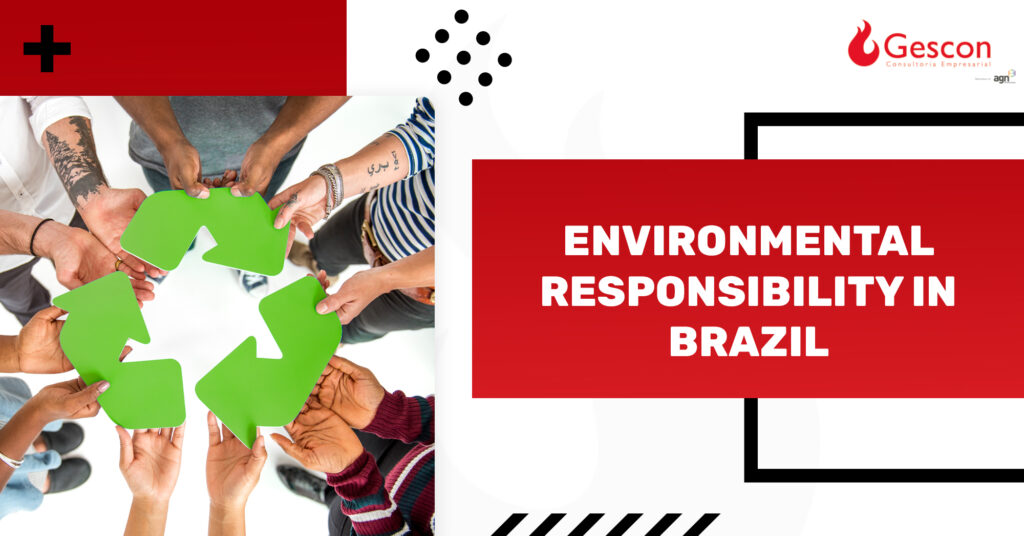Address
304 North Cardinal St.
Dorchester Center, MA 02124
Work Hours
Monday to Friday: 7AM - 7PM
Weekend: 10AM - 5PM
Address
304 North Cardinal St.
Dorchester Center, MA 02124
Work Hours
Monday to Friday: 7AM - 7PM
Weekend: 10AM - 5PM



Brazil is internationally known for its exuberant nature. Thus, environmental issues gain special relevance in our country. In today’s post we are going to talk about corporate responsibility in this scenario.
Until recently, many businessmen believed that economic development actions were limited to profitability, job creation and tax payments. However, the debate on environmental responsibility has been transforming this perspective.
Today consumers buy more than brands, they buy stories. Data from the Brazil 2020 Report – Sustainable Life, show that more than 80% of consumers expect companies to clearly inform about their production processes. The positioning of companies in relation to collective themes impacts not only their competitiveness in the market, but also their brand reputation.
Unfortunately, international headlines have covered some environmental disasters in Brazil in recent years. Tragic events such as Mariana and Brumadinho have brought companies’ environmental responsibility to the center of debate in the Brazilian market.
Recently, the federal government launched the National Green Growth Program (PNCV). The purpose of the program is to combine economic growth with sustainable development, placing Brazil in the status of a world reference in the green economy.
The initiative seeks to improve the management of natural capital, balancing productivity, innovation and competitiveness. Some of its objectives are the generation of “green jobs”, the conservation of forests, protection of biodiversity and incentives for scientific research and development.
There has been an increasing demand for companies to be accountable for their responses to environmental regulations, in addition to inquiries about sustainability programs in place. The company is expected to periodically demonstrate how its professionals identify and prevent the environmental risks of the business.
The risk of facing very high losses through processes that involve compensation for damage caused to the environment challenges companies to be well equipped. Added to this is the fact that indemnities occur regardless of whether these damages can be remedied or not.
Thus, the business community has given increasing importance to environmental issues. The inclusion of environmental protection among management objectives brings challenges and opportunities for companies to reinvent themselves.
In this context of insecurity, many companies have invested in Environmental Accounting. It involves active internal environmental management, promoting greater safety and damage control. In the topics below, we list some reasons why specific professional guidance on the topic can be strategic for organizations:
Businesses that comply with good environmental practices have better long-term results. In addition, they attract the interest of more investors, who have been increasingly committed to social and environmental responsibility. Companies need professionals who are prepared for this new scenario.
To keep up to date with the best information about what is happening in the Brazilian business environment, keep following Gescon.